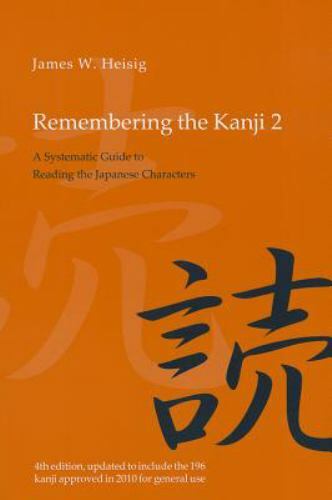
This series of meditations by one master on another provides a remarkable, living portrait of Nishida the person and conveys the enthusiasm he aroused in his students. _Nishida Kitaro_ is a translation of essays Nishitani wrote about his teacher from 1936 to 1968 and published as a book in 1985. ) Keiji, whose lifetime coincides with the rise and flowering of the Kyoto School and whose own critical contribution to Japanese thought has been so important. No one is more qualified to write such a book than Nishitani (. What has been wanting, however, is a book in a Western language to elucidate the life and thought of Nishida Kitaro, Japan's first philosopher of world stature and the originator of what has come to be called the Kyoto School. In recent years several books by major figures in Japan's modern philosophical tradition have appeared in English, exciting readers by their explorations of the borderlands between philosophy and religion. On the other, I close with an appeal for restoring respect for the role of mythical narration as a way to bridge the connection between theory and practice without having to revert to moral absolutes, particularly as it relates to safeguarding this fragile planet of ours from the ongoing sepsis of economic “progress.”. On one end, I open with a brief digression on a common ground for philosophies East and West as a mestizaje to which no tradition can claim dominance. ) nothingness in terms of “connectedness.” The discussion is bound on both ends by an apology for transgressing established academic boundaries.

In its place, a proposal is made to define (. In it I argue that the strategy of qualifying nothingness as an “absolute,” which was adopted by Kyoto School thinkers as a way to come to grips with fundamental problems of Western philosophy, is inherently ambiguous and ultimately weakens the notion of nothingness itself. The essay that follows is, in substance, a lecture delivered in Brussels on 7 December 2016 to the 2nd International Conference of the European Network of Japanese Philosophy.


 0 kommentar(er)
0 kommentar(er)
